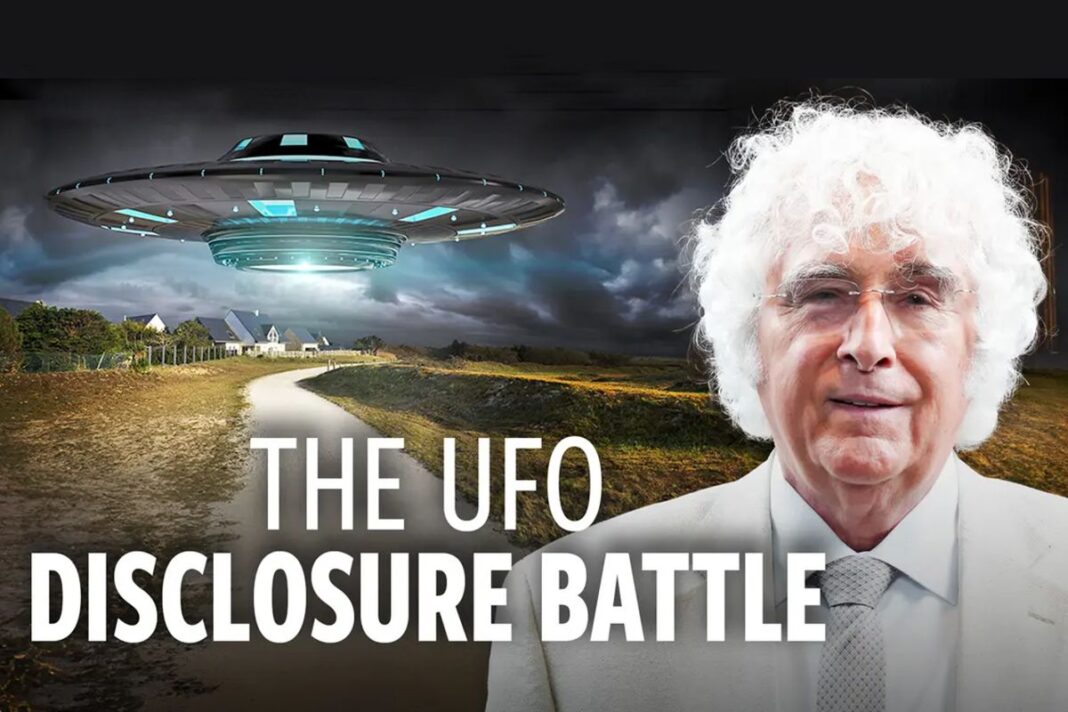The only remaining nuclear arms control treaty between Washington and Moscow is about to expire.
China has poured cold water on President Donald Trump’s suggestion that it join the United States and Russia in talks about downsizing their nuclear arsenals, dismissing the idea as unrealistic.
The Chinese regime rejected the proposal on Aug. 27, two days after Trump told reporters that Washington and Moscow were discussing ways to reduce the number of nuclear weapons and that he hoped that Beijing would also take part.
Foreign ministry spokesman Guo Jiakun signaled at a news conference that China would not join the disarmament negotiations, noting that the primary responsibility lies with the United States.
Trump raised the subject earlier this week while fielding questions in the Oval Office alongside South Korean President Lee Jae Myung. Trump said nuclear arms control had been discussed at his Aug. 15 summit with Russian President Vladimir Putin in Alaska and that he wanted China brought into the process.
“One of the things we’re trying to do with Russia and with China is denuclearization, and it’s very important. … Denuclearization is a very big game, but Russia is willing to do it, and I think China is going to be willing to do it, too,” he said.
“We cannot let nuclear weapons proliferate. We have to stop nuclear weapons.”
The push for expanded talks comes as the New Strategic Arms Reduction Treaty, better known as New START, is set to expire on Feb. 5, 2026. With the collapse of the 1987 Intermediate-Range Nuclear Forces Treaty in 2019, New START is the only remaining nuclear arms control agreement between Washington and Moscow.
The 10-year treaty, which began in 2011 and was extended by five years in 2021, limits each side to no more than 1,550 deployed nuclear warheads and 700 deployed intercontinental ballistic missiles, submarine-launched ballistic missiles, and strategic bombers. It also caps the total number of missile launchers and bombers at 800 and provides for extensive on-site inspections.
Negotiations for a successor treaty are expected to be difficult, as Russia has indicated that it wants NATO’s other nuclear-armed members, namely the UK and France, included in future talks.
By Bill Pan







